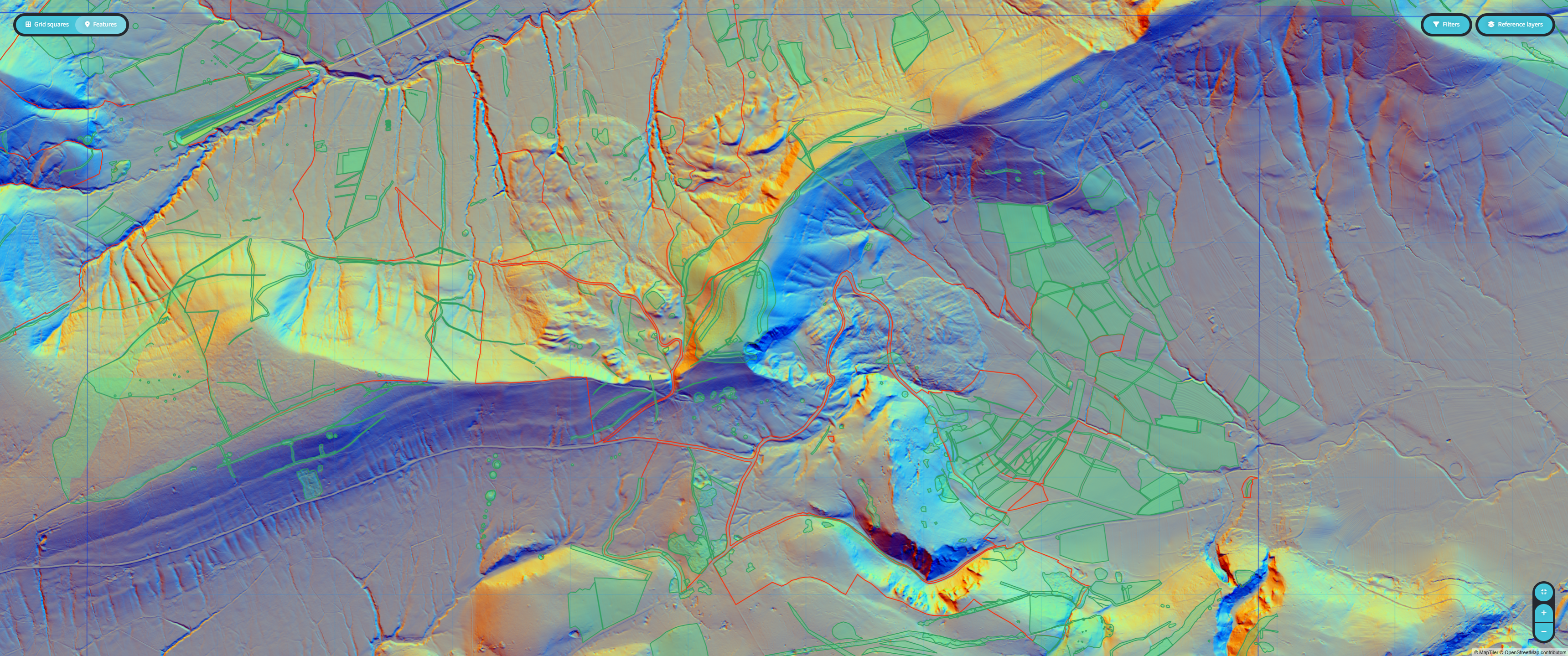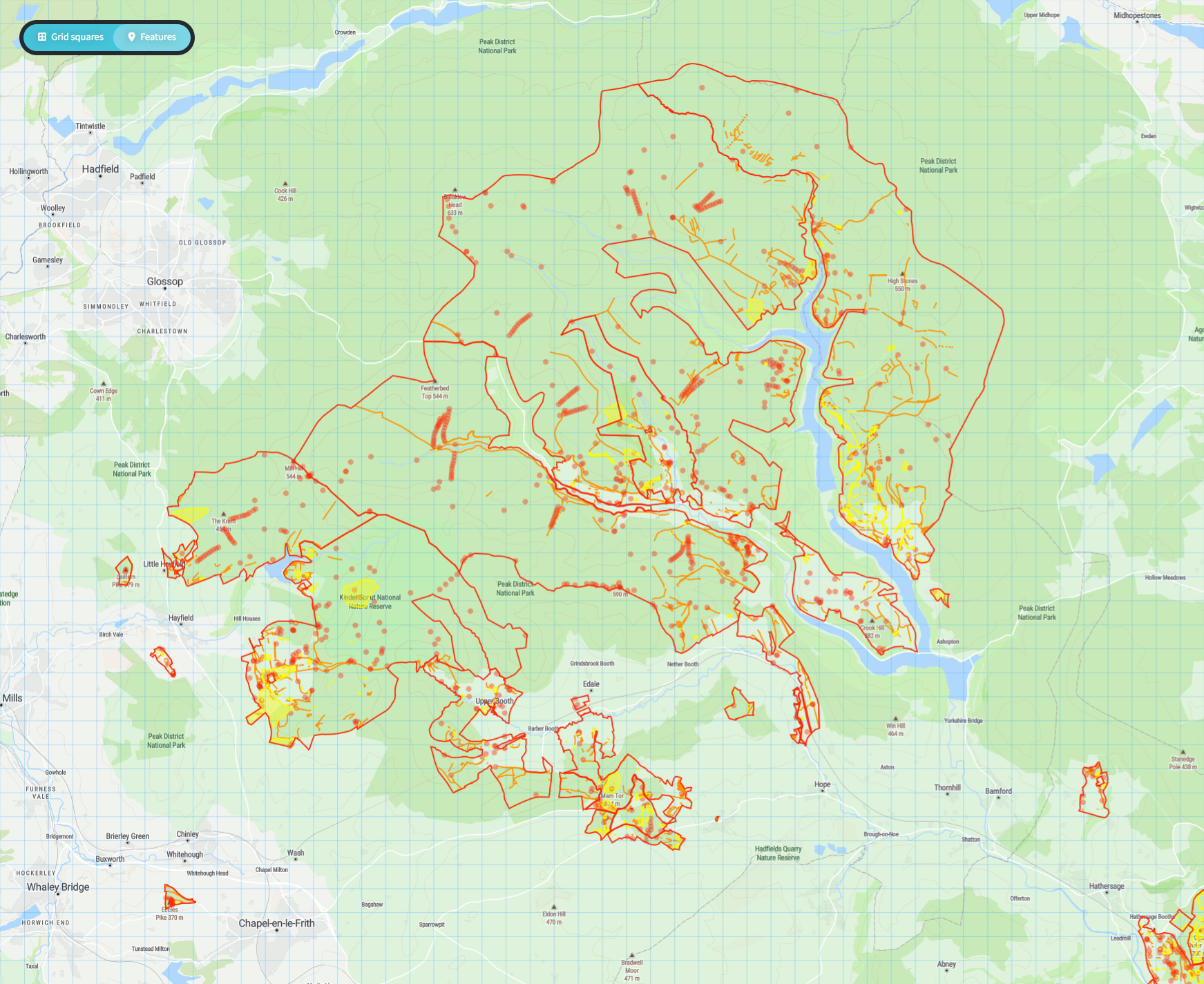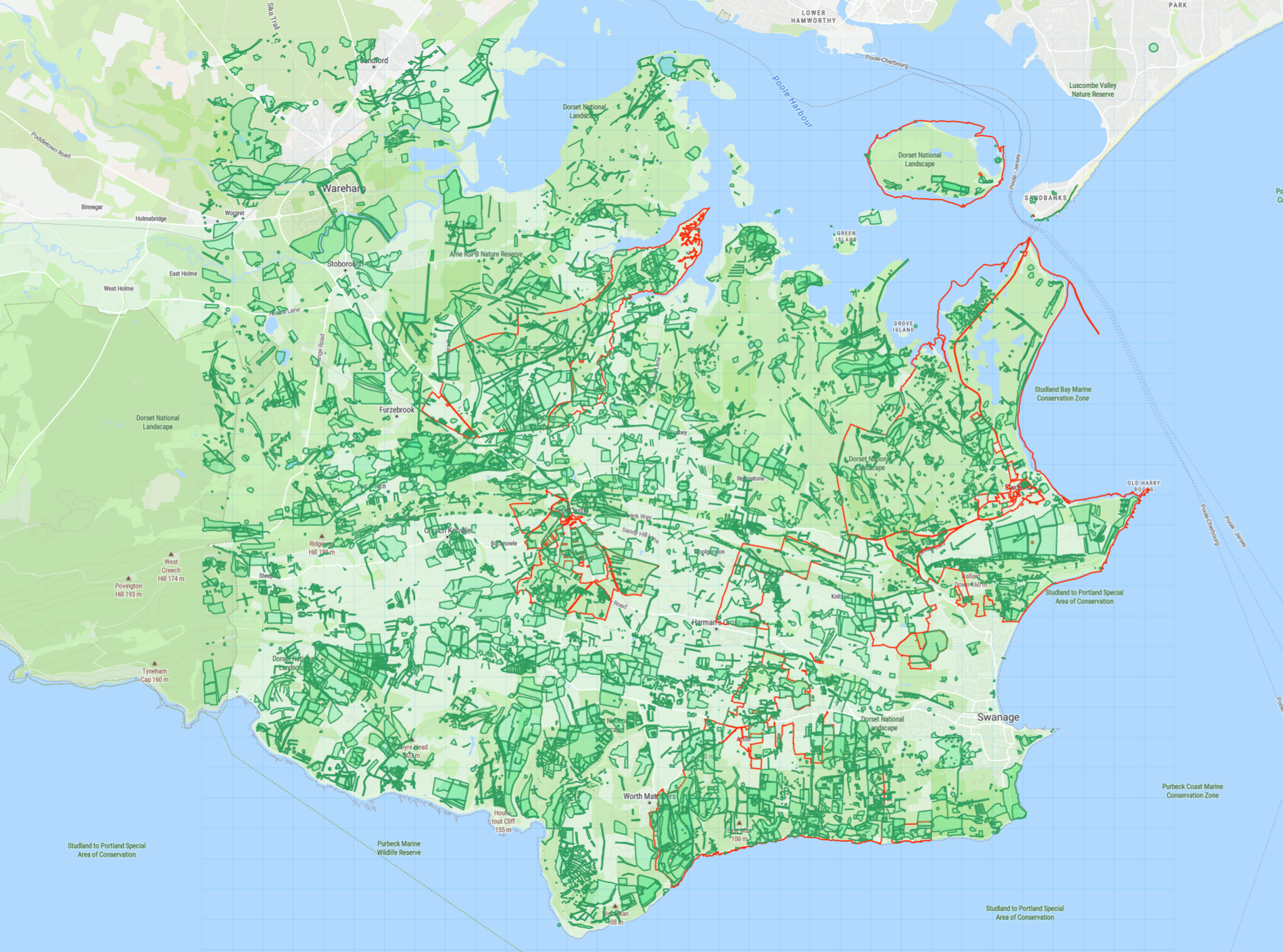Project Description:
In the UK, the challenge of meeting Net Zero with a professional-only model is insurmountable. Targets for coastal mitigation, tree planting across the UK (30,000ha per year) and peatland restoration (250,000ha by 2030), require speedier reconnaissance, data gathering and evaluation than we can currently undertake. Without a fundamental rethink of operational models alongside the purposeful, intelligent design of alternatives, we will miss these targets – with the concomitant loss impacting society. Our vision is to mobilise citizens’ energy, skills and sheer numbers to tackle this huge challenge.
As the Natural and Cultural heritage sector transitions from a workplace defined by organisations and employees to a more fluid workspace of platforms and communities, the question of how to build safe, ethical digital businesses and organisations will become increasingly important. Our Impetus project will explore a new type of organisational structure to help us do this, called a data platform cooperative. In focus groups and pilot studies with project partners and citizen participants, we will road-test this model, sharing our learning widely in blogs, published articles and conferences.
Project Type: Sustaining Grant
Theme: Justice and Equity, Climate
Mentor:Jacqueline Goldin
Deep Time: Harnessing Collective Intelligence for Nature Recovery
The unprecedented challenges of the 21st century, from combating global pandemics to addressing climate change, have highlighted the immense potential of data as a tool for positive change. Across the globe, governments, organizations, and citizen-driven initiatives are increasingly striving to leverage data to solve these complex problems. However, realizing the transformative potential of data for social and environmental good is no simple task. From the outset, it requires the development of responsible data management practices that prioritise the protection of individuals and communities.

Public trust in data sharing has been severely undermined by repeated high-profile breaches and scandals across both public and private sectors. The monopolistic practices of a few dominant tech companies—built on extractive data systems—have exacerbated these concerns and hindered efforts to use data for societal benefit. To unlock the potential of data for the greater good, we need a fundamental shift in how we approach data governance.

These challenges lie at the heart of Deep Time, a crowdsourcing platform that empowers citizens to map archaeological sites and ecological habitats using satellite imagery and LiDAR. The UK’s natural and cultural heritage is at a critical tipping point: since 1970, species populations in the UK have declined by 19%, with one in six species now facing extinction. Innovative approaches are urgently needed to protect these invaluable natural and cultural resources.
Deep Time offers a pioneering solution, providing landowners and organizations with critical historical and ecological landscape data to support nature recovery while creating opportunities for communities to actively engage in landscape restoration. This platform bridges the gap between technology and grassroots action, enabling collective intelligence to drive meaningful environmental change.
Supported by Impetus, an EU-wide innovation program for citizen science, Deep Time is exploring new citizen-centric governance models to ensure that citizen-generated data is shared responsibly. These models aim to balance individual and public benefits while addressing potential harms. At the core of this approach is the concept of a data platform cooperative, which tackles four critical challenges in citizen science data stewardship:
- Trust – Ensuring the credibility and reliability of data contributed by non-professionals.
- Inclusion – Engaging a diverse and representative group of contributors.
- Democracy – Establishing fair and transparent decision-making processes.
- Equity – Ensuring that the social—and potential financial—value created is fairly distributed.

Deep Time’s innovative approach has the potential to revolutionize nature recovery practices by embedding ethical data governance at its foundation. These models enable collectives, governments, and organizations to responsibly share data, fostering trust and protecting privacy while maximising the societal benefits of collective intelligence.
Just as past technological revolutions required institutional reforms to realize their full benefits, the digital age demands a new era of legal and governance innovations. Data must be treated as a 21st-century commons, managed with care to serve the public good. Thanks to funding from Impetus, Deep Time has been able to explore these challenges and opportunities, paving the way toward a citizen-centric digital ecosystem that prioritises collaboration, equity, and sustainability.
By addressing the complexities of ethical data stewardship, Deep Time offers more than just a tool for mapping landscapes—it provides a roadmap for leveraging collective intelligence to drive environmental restoration and create a better future for all.



